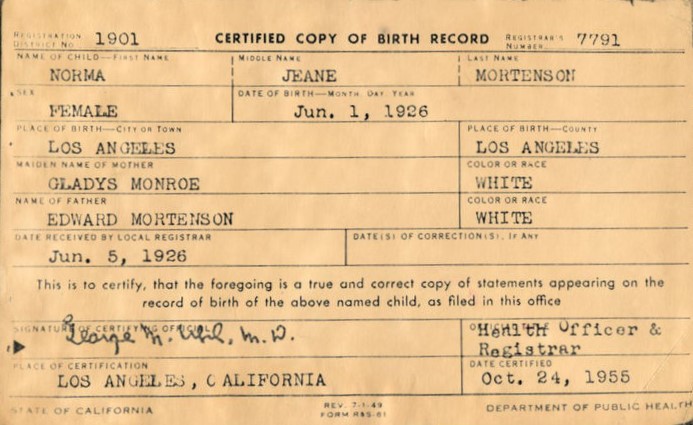
Researching Native American Ancestry: Proven Tips & Resources
When the Standing Rock Sioux Reservation Lakota and other Native Americans protested the Dakota Access Pipeline project on the basis that it could possibly jeopardize their water supply, it reminded America and the world of the primacy of caring for land and water to Native Americans historically. They called themselves the “water protectors” and garnered support from around the world. The history of indigenous peoples’ values is strongly interwoven into their cultures even today.
If your family believes it has Native American heritage, it is important, but not always easy, to discover more about it. This can be done through DNA testing (see more below) and records/artifacts investigation. This article provides some resources for use in your research.
The good news is that resources and collections not earlier available for Native Americans are now online to supplement critical paper documents in repositories and archives. (Native Americans had often passed on history orally rather than by using written records, and this can make discovery of information about them difficult.) Proof of status as a Native American may result in particular benefits. The U.S. Department of the Interior Bureau of Indian Affairs has thus prepared “A Guide to Tracing American Indian and Alaska Native Ancestry.”
Beginning The Search
When there is uncertainty about Native American ancestry, it is usually best to move from the present persons in a family backward in time rather than selecting a tribe thought to be the one, for example, and trying to research a family that way. (There are currently some 567 federally recognized American Indian and Alaska Native tribes.) In various censuses, as the United States expanded territories and established states, the same persons in censuses were often designated in different ways (such as “white,” “mulatto,” and “Indian”) as to their ancestry throughout the years, a fact that makes research challenging. Collation of many documents is sometimes needed to establish Native American ancestry.Familysearch.org has created a wiki for online Native American records.
The Card Catalog at Ancestry.com, a subscription genealogy site, also shows 37+ different record series and related documents depending on what key words (such as “Native American,” “American Indian”) are used. One collection, “Native American Applications for Enrollment in Five Civilized Tribes, 1896” is a helpful resource. Cherokee, Chickasaw, Choctaw, Creek, and Seminole Indians were supposed to register, though Seminole eventually made other arrangements. The similar collection regarding enrollment for 1898-1914 includes enrollment packets in some cases. Another collection, “Indian Wills, 1911-1921,” provides information about family members of Native Americans, just as other Wills do, and land transfers for about 2,000 persons. Many are from the Plains and western states and tribes included are Chippewa, Sioux, Apache, Shawnee, Quapaw, Cheyenne, and many more.
Archives and Resources Related to Native Americans
Accessgenealogy.com has a wealth of essential information on Native American tribes and their backgrounds. Free, largely alphabetized (after 1900) Indian Census Rolls from 1885-1940 are available there. (Alphabetization helps greatly in finding ancestors!) As the site points out, rolls starting in 1930 provided “the degree of Indian blood” as well as place of residence and other information. An archive to investigate and supplement your personal family research is the Sequoyah National Research Center at the University of Arkansas at Little Rock. The SNRC includes “the world’s most comprehensive collection of American Indian, Alaska Native, and First Nations newspapers, periodicals, and other publications in the world.” Periodicals can provide critical facts about your Native American ancestors. The archives includes a section on the Trail of Tears Through Arkansas, as that was the state and route through which Southeastern Native Americans traveled toward the west during so-called “Indian removal.” The research center also contains one of the world’s outstanding collections of native contemporary art – more than 2400 pieces that may be viewed partly online.
The Duke Collection of American Indian Oral History at the University of Oklahoma
features interview transcripts conducted with hundreds of Oklahoma Indians about their cultures and tribes. Original recordings are available as well. You might find an ancestor’s information there. The University of Washington features the digital American Indians of the Pacific Northwest Collection. The Heard Museum in Phoenix, Arizona showcases a Native American Artist Resource Collection with digital elements.
DNA Testing Concerns of Indigenous Peoples
With the mitochondrial and autosomal boom in DNA testing through 23andMe, Family Tree DNA, and other testing companies, DNA testing an analysis have become important tools for genealogical research. For some Native Americans and indigenous peoples elsewhere, DNA testing has raised concerns because the research results have sometimes been used outside the agreed-upon parameters of consent forms. This has created distrust in some cases, and it may account partially for why there are relatively small percentages of DNA samples from Native Americans. See details in Arvind Suresh’s “Native Americans Fear Potential Exploitation of Their DNA” at the Genetic Literacy Project site.
Government Resources for Native Americans
The National Museum of the American Indian in Washington, D.C. includes extensive information about Native Americans as well as other indigenous peoples such as those in Hawaii who had their own independent kingdom until 1893. That’s when businessmen from the American mainland overthrew the monarchy and established a new government. The National Archives and Records Administration provides many resources related to Native Americans. The government’s Bureau of Indian Affairs mentioned earlier offers information related to legal benefits of being a documentable member of a Native tribe and the related historic treaties. There is information at the site related to the Bureau of Indian Education and about Indian reservations as well.
Good luck in researching your Native American heritage.
Click here to receive help from an expert with your Native American genealogy research.




